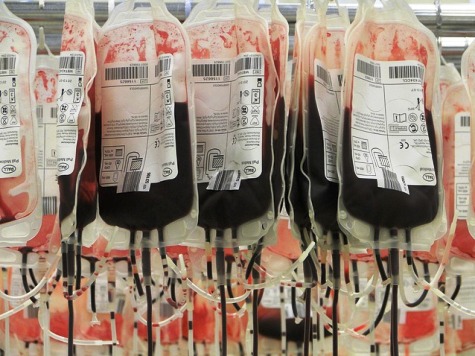Transfusions of blood from young people could reverse the ageing process and possibly even cure Alzheimer’s disease, according to Harvard scientists. The research team found that young blood ‘recharges’ the brain, forms new blood vessels and improves memory.
In a second study, the scientists also discovered a so-called ‘youth protein’ which helps keep the brain and muscles strong. Known as GDF11, the protein is abundant in the bloodstream of younger people but gradually disappears as they age.
The Telegraph says that although the discoveries were made by testing on mice, the researchers hope to begin human studies soon. Researchers injected the blood of three-month-old mice into mice near the end of their natural life span. They found that the memory and learning capacity of the older mice improved following the treatment, and saw structural, molecular and functional changes in their brains.
Infusions of blood from other elderly mice had no effect.
Professor Doug Melton of Harvard’s Department of Stem Cell and Regenerative Biology said: “This should give us all hope for a healthier future. We all wonder why we were stronger and mentally more agile when young, and these two unusually exciting papers actually point to a possible answer.”
“There seems to be little question that, GDF11 has an amazing capacity to restore ageing muscle and brain function.”
Professor Lee Rubin added: “We do think that, at least in principal, there will be a way to reverse some of the decline of ageing with a single protein. It isn’t out of question that GDF11, or a drug developed from it, might be worthwhile in Alzheimer’s Disease.”
Cultures throughout the world have extolled the virtues of youthful blood. The vampire, a creature found in several cultures around the world, survives and is rejuvenated by drinking other people’s blood.
Although this blood is transfused rather than consumed, it seems the old stories may have some truth in them after all.

COMMENTS
Please let us know if you're having issues with commenting.